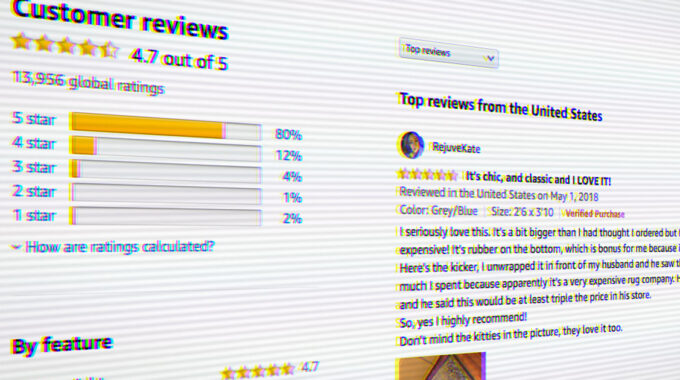
Why CEO Activism Raises Consumer Backlash Concerns
The role of CEOs extends beyond boardrooms to public platforms, where they advocate for various social and political causes. While such outspokenness may align with personal beliefs or corporate values, it can also trigger significant consumer backlash. The potential repercussions of CEO activism emphasize the detrimental effects of consumer backlash on businesses. When customers perceive a disconnect between a CEO’s stance and their own values, they may boycott products or services, tarnishing the brand’s reputation and resulting in financial losses. To tackle consumer backlash, businesses must carefully navigate the intersection of corporate activism and consumer sentiment. Strategies such as transparent communication, genuine engagement with stakeholders, and alignment of values between CEOs and their target audience can help mitigate backlash and maintain brand loyalty. Hence, this UCLA Anderson Review article highlights the relationship between consumer backlash and CEO activism.
According to the article, CEO activism has increasingly become a focal point in discussions surrounding the intersection of business and politics. Previously characterized by a stance of political nonengagement, prominent business figures have more recently been vocal in expressing their views on various social and political issues. This shift in behavior has prompted researchers like Young Hou and Christopher Poliquin to delve into the repercussions of CEO activism on consumer behavior, particularly concerning political issues such as gun rights advocacy. The research suggests that while some consumers may react based on a desire to signal their beliefs or ideology, personal convictions play a significant role in shaping consumer choices. For instance, among participants who favor stricter gun control policies, demand for products associated with CEOs advocating for gun rights notably dropped.
Interestingly, the study found that whether a consumer’s decision was public or private did not significantly affect their response to CEO activism. This implies that personal ideology is a potent motivator for consumer behavior, irrespective of the visibility of their choices. The research findings also raise important considerations for activist CEOs and their companies. Hou and Poliquin suggest that negative consumer activism rooted in personal ideology may necessitate tangible changes in business practices to mitigate the consequences of CEO involvement in political issues. Ultimately, the study highlights the complex interplay between CEO activism, consumer behavior, and brand perception, urging businesses to navigate this terrain with careful consideration and strategic foresight.
By understanding the complexities of consumer behavior in response to CEO advocacy, businesses can proactively address concerns and uphold their market standing. Read through the preceding text to get to know more.

















